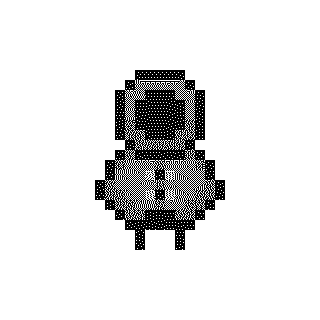We started the lesson introducing ourselves and our current project concepts.
I find my biggest pitfall is taking time to collect documentation of my work while working, as well as ‘version control’. When I work on things I often get a lot done in a short amount of time – a burst of inspiration that I try to finish all at once. Because of this I find it hard to take time out of it to collect things together, or afterwards I’ll just lack the motivation.
I also often stuggle with my thoughts on something after working on it if the process is not the main focus of the work – thats something im trying to figure out with performing, as im not entirely sure I enjoy performing – I dont get much of a high afterwards and I dont know if I find praise particularly gratifying – this is why I have been focusing on improvised performances as I do find it more rewarding, yet I also find it hard to maybe know how the performance went as im focused on doing it the whole time (need to work on this maybe)
We watched some artist interviews on their practice: Anne Hardy, Maria Chavez
—–
I found the Anne Hardy interview conducted by the tate to be quite interesting – the production level was expectedly high and it only featured Anne talking (opposed to a back and forth interview). She spoke mostly about her relationship with materials and her focus on intuitive process with said materials. There was nothing about the intention of her work, leading to a more interpretable investigiation from the audience.
I found it interesting to reseach afterwards that Anne previously studied as photography, and much of her early sculptural work was displayed not as the scultpures themselves but as photographs.
I think this context is interesting to discover afterwards, opposed to if the interview was more focused on biographical information.
Often when I meet new people they ask what I do - I tell them I study sound arts. and then I breifly categorise sound arts as: 'like fine art but with sound, but really its whatever' they ask what sort of thing I make. I say I often make my own digital effects/instruments & make small 'games' with sound as the primary focus
I often feel I need to preface that I did games design at college, despite the fact I learnt little from the course itself and mostly taught myself all the actual practical stuff in my own time – I suppose it gives me a sense of legitimacy, but then again, a lot of my practice is still very much influenced by a background in ‘design’ opposed to music or art, as well as a practical ‘diy’ upbringing from both parents –
either way, what I was trying to get at was that this context does make a difference in an artists work, especially in framing work, and art that attempts to escape such frames.
On the topic of games again it comes to why I ended up ‘abandoning’ games as a study topic, yet then returning to it too while studying sound arts.
I found that my interest in games probably wasnt in the framework of games design or the games industry – I always prefered Indie developers making projects that were as much art pieces, and I found them accessible to experience (through either playing or watchin youtube videos of) compared to a lot of other art (could be said of music.)
I also find the distribution of indie games (such as free download on online services Itch.io) to be something that appeals to me.
—–
The Maria Chavez interview was also a good example of trying to present your work in an accessible way – the interview itself was pretty appalling to comedic effect, but it was good at showing an alternative to the obfuscation of art terminoloy and fashionable neologisms.
It did make me think of MTV band interviews where the band members would often purposely be sarcastic or at time antagonistic to the music press – its an intersting relationship.
